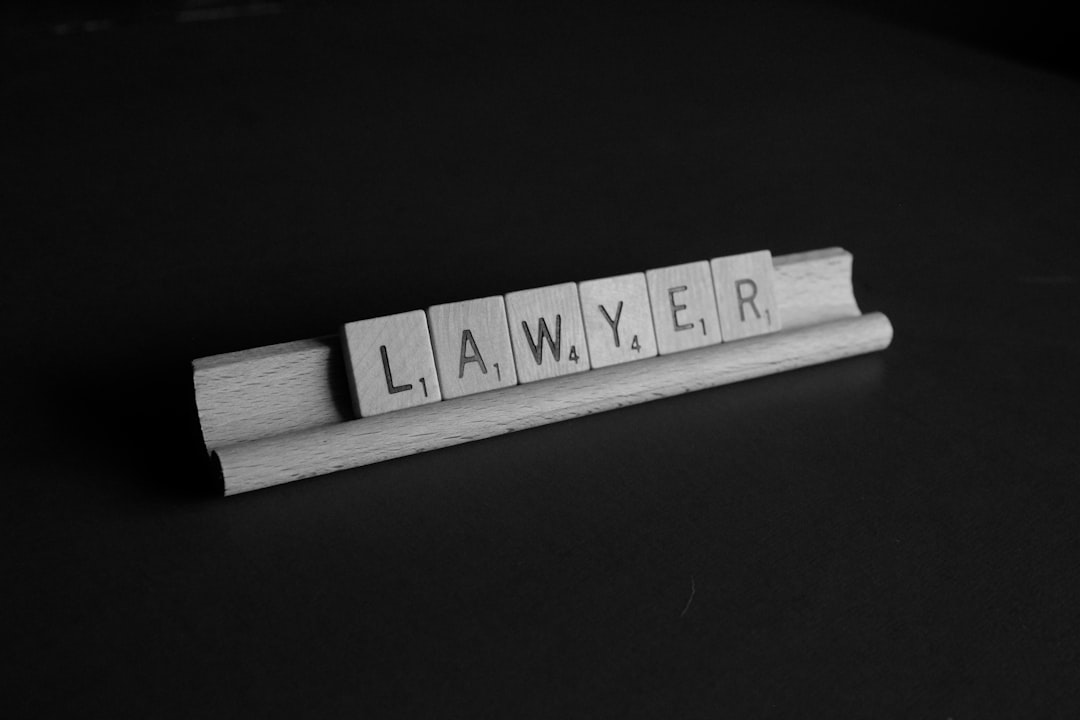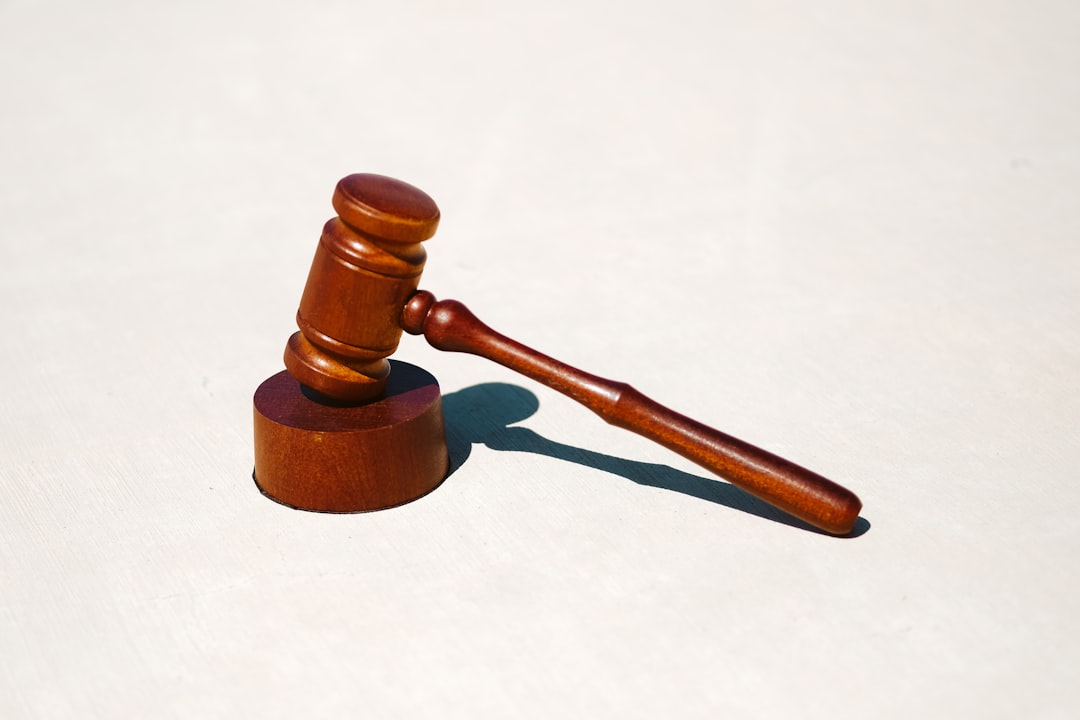In Albany, New York, inconsistent reporting mechanisms for sexual abuse across institutions hinder tracking, coordination, and survivor support. While legislation like the Sexual Assault Survivors' Rights Act exists, outdated systems and lack of centralized protocols make compliance challenging. This gap complicates advocacy for survivors by sexual assault lawyers in New York. To improve, institutions should adopt best practices (awareness programs, open communication), leverage technology (online platforms, AI chatbots) for easier reporting, and collaborate with sexual assault lawyers to fortify legal protection. A strategic, community-focused approach involving clear reporting channels, local partnerships, and educational campaigns is crucial to enhancing Albany's response to sexual abuse.
In Albany, improving reporting mechanisms for sexual abuse is a critical step towards fostering safer communities. This article explores how institutions can enhance their response to sexual violence, focusing on understanding the current landscape, identifying gaps in existing reporting systems, and implementing best practices. We delve into the pivotal role of sexual assault lawyers in New York, offering insights into strategies for effective implementation and community engagement. By examining these aspects, we aim to revolutionize the handling of sexual abuse cases in Albany.
Understanding the Current Reporting Landscape in Albany

In Albany, the current reporting mechanisms for sexual abuse are a complex web of laws, policies, and procedures that institutions must navigate to ensure compliance and create a safe environment. While New York State has implemented robust legislation, such as the Sexual Assault Survivors’ Rights Act, the practical application varies across schools, workplaces, and healthcare facilities. This heterogeneity can lead to inconsistencies in reporting, potential gaps in support for survivors, and challenges for sexual assault lawyers in New York when advocating for their rights.
Institutions in Albany often rely on outdated reporting systems or lack centralized protocols, making it difficult to track incidents and coordinate responses effectively. Additionally, the stigma surrounding sexual abuse can deter individuals from coming forward, further complicating efforts to identify and address these issues. Understanding these dynamics is crucial for institutions aiming to enhance their reporting mechanisms and foster a culture where survivors feel empowered to seek justice and healing with the help of sexual assault lawyers in New York.
Identifying Gaps and Challenges in Existing Mechanisms

Identifying gaps and challenges in existing reporting mechanisms for sexual abuse is a critical first step for institutions aiming to enhance their response. In Albany, as across the nation, many organizations still face significant obstacles when it comes to properly addressing and documenting incidents of sexual assault. These include a lack of clear, consistent reporting procedures that can create confusion and delay necessary action. Often, victims hesitate to come forward due to concerns about stigma, retaliation, or a perceived bureaucratic process that may re-traumatize them.
Furthermore, the involvement of law enforcement, while crucial for legal proceedings, can complicate matters. Sexual assault lawyers in New York highlight the need for more sensitive handling of evidence and victim privacy, which is often compromised during initial reporting stages. Existing mechanisms sometimes fail to accommodate the diverse needs of survivors, leading to underreporting and a persistent culture of silence around sexual abuse.
Best Practices for Enhancing Reporting Systems

Institutions play a pivotal role in establishing robust reporting mechanisms for sexual abuse, and by implementing best practices, they can significantly enhance their effectiveness. One of the key strategies is to promote awareness and education among staff and students about recognizing and reporting sexual assault. Training programs can be tailored to provide clear guidelines on what constitutes sexual abuse, how to approach victims with sensitivity, and the importance of prompt reporting. Encouraging open communication and ensuring confidentiality are essential to fostering a safe environment for survivors to come forward.
Additionally, institutions should consider utilizing technology to streamline reporting processes. Online platforms or mobile apps dedicated to reporting sexual assault can offer discreet and accessible channels for victims. These tools can include secure reporting forms, live chat options, or even AI-driven chatbots that guide users through the process, ensuring a swift and efficient response from relevant authorities or trained professionals, including sexual assault lawyers in New York. Such digital solutions have proven effective in encouraging more reports and providing immediate support to survivors.
The Role of Sexual Assault Lawyers in this Process

Sexual assault lawyers in New York play a pivotal role in enhancing reporting mechanisms for sexual abuse within institutions. These legal professionals are equipped to guide victims through the complex legal processes, ensuring their rights are protected and that justice is served. They advocate for policies that encourage safe and supportive reporting environments, working closely with institutions to establish procedures that facilitate timely and accurate documentation of incidents.
By collaborating with legal experts, institutions can better understand the importance of proper reporting, leading to more effective responses to sexual abuse cases. Sexual assault lawyers offer valuable insights into state laws and regulations, helping organizations create robust systems that protect both victims and the community at large. Their expertise contributes to a culture of transparency and accountability, making it easier for survivors to come forward and seek the help they need.
Strategies for Effective Implementation and Community Engagement

Implementing effective reporting mechanisms for sexual abuse requires a strategic approach that involves the entire community, especially in diverse urban areas like Albany. One key strategy is to establish clear and accessible reporting channels, ensuring that victims feel comfortable and safe when coming forward. This can include dedicated hotlines, online reporting platforms, or even training sessions where individuals learn about their rights and the reporting process. Engaging sexual assault lawyers in New York can provide expertise on legal protections for victims and the importance of accurate documentation for potential legal proceedings.
Community engagement is another vital aspect. Institutions should partner with local community organizations, schools, and religious groups to spread awareness about the reporting options and dispel myths surrounding sexual abuse. Educational workshops, seminars, and interactive campaigns can empower citizens to recognize and report instances of sexual assault promptly. By fostering an environment where open dialogue is encouraged and support systems are readily available, Albany can take significant steps towards addressing this critical issue more effectively.






